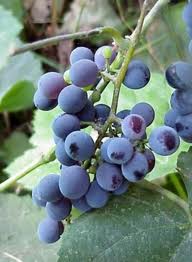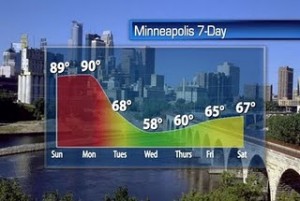Lughnasa Waning Harvest Moon
The museum (MIA) has us check out when we’re going to be gone over our tour days, so I’ve checked out from mid-October through early December. I’ve not had many tours in August and none in September, just one in October.
That, plus the relatively light schedule for the Sierra Club–the legislature doesn’t convene until February, so no weekly meetings–has given me plenty of time for the late garden work with time left over rearranging the downstairs and reconfiguring my study.
Yesterday I finished swapping out books from the bookcase nearest to my desk. The desk and the bookcase form the sides of a U, with the bottom of the U created by the computer workstation. On this bookcase I had collected various art and art history texts as the docent years had gone on, but they were works I did not reference frequently.
What I need near the desk are books I pull off for work. It’s a working bookcase, not a storage unit. Now I have near me all my Latin dictionaries, commentaries, grammars and readers; various style manuals like The Chicago, a thesaurus and english grammars plus books on writing. The works I use most after the latin texts are the oxford dictionary of art, the oxford dictionary of philosophy and the oxford english dictionary.
On the bottom most shelf I have notebooks from docent training and several comprehensive art history texts.
I do have a shelf devoted to a long term project which I’ve shorthanded Ge-ology. This project has its own page on this website, but I’ve let it dangle, as I have the ecological history of Lake Superior. Here’s the summary: This work will gather various strands from ecology, environmental movements, pagan and neo-pagan faiths, literature, art and philosophy. It will weave those strands into a faith indigenous to the Midwest (and most other places) and universal to Ge.
Having at least some key texts near to hand may spur down time work on Ge-ology. Oh, hell, why not go for it? It will produce work.
There are still a few book stacks on the floor and this and that to find new places for, but I’ll finish that today. Ready for winter.










